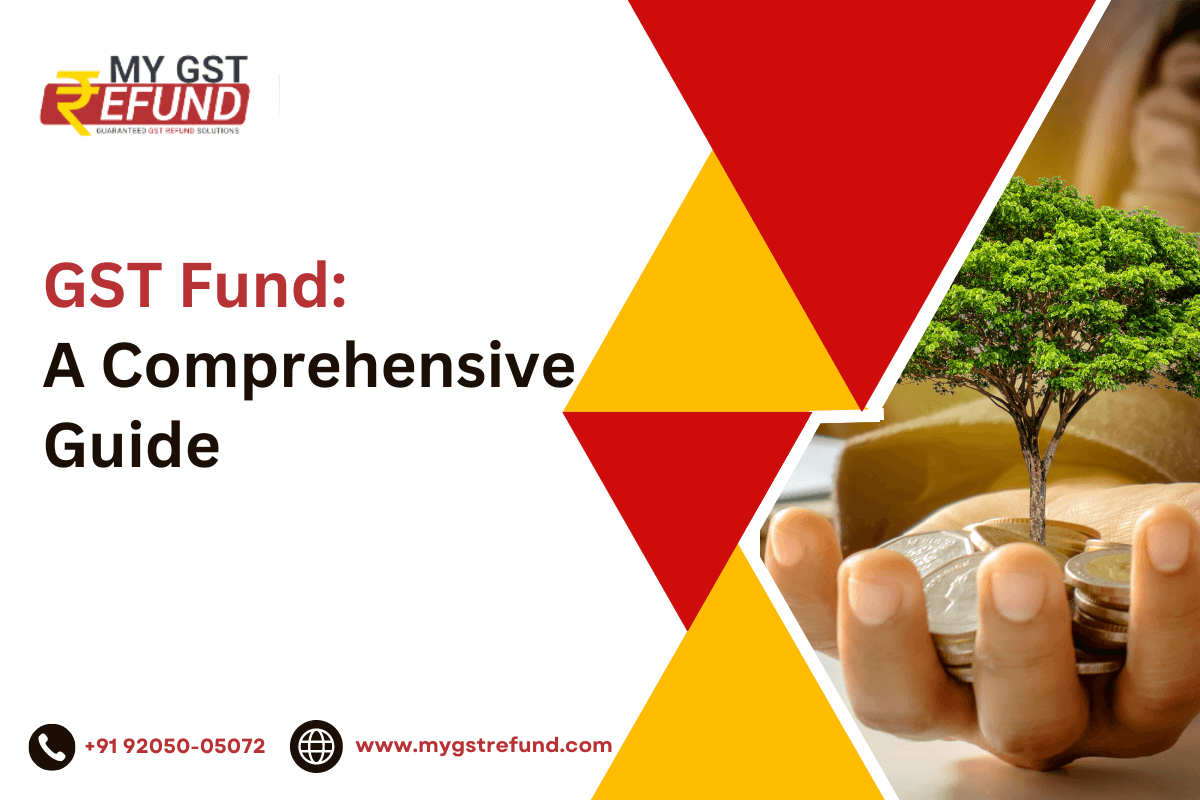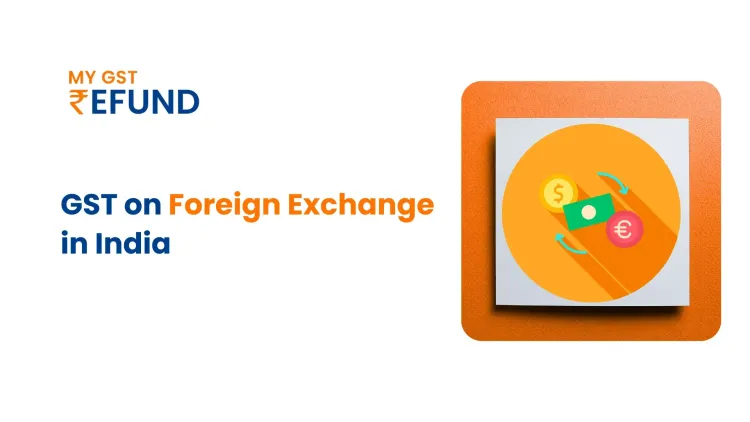GST Fund: A Comprehensive Guide
Published on: Thu Jan 25 2024
Bio (Reveal/Hide)

The Goods and Services Tax (GST), India's landmark tax reform, ushered in a unified national market by subsuming multiple state and central levies. However, concerns arose about potential revenue loss for states transitioning from a production-based to a consumption-based tax system. To address this, the GST Fund was established as a safety net, acting as a vital pillar in the success of the reform.
Here's a breakdown of the GST Fund:
Purpose: To bridge the gap between the revenue collected under the GST regime and the guaranteed 14% annual growth in revenue for five years from the date of GST implementation (July 1, 2017).
Funding: The GST Fund is primarily funded by a compensation cess levied on certain goods and services over and above the regular GST rate. The cess rate is currently 25%.
Administration: The GST Fund is administered by the GST Council, a federal body comprising representatives of the central and state governments.
Distribution: The GST compensation is distributed to states bi-monthly based on a predetermined formula that takes into account the pre-GST revenue of each state and its population.
Also Read: TDS Refund under GST: Everything You Need to Know
Functions of the Fund
Compensation: The primary function of the GST Fund is to compensate states for any revenue shortfall compared to a guaranteed 14% annual growth in their pre-GST tax collection. This compensation, distributed bi-monthly, helps states maintain fiscal stability during the transition phase.
Facilitating Compliance: The fund also plays a crucial role in incentivizing states to implement GST effectively. Timely release of compensation encourages states to improve compliance and administration, contributing to the overall success of the tax reform.
Who is Eligible?
All Indian states and Union Territories with legislatures are eligible for compensation from the GST Fund. This financial support is crucial for maintaining fiscal balance and promoting economic growth across the country. It helps states invest in crucial areas like infrastructure, education, and healthcare, ultimately benefiting citizens.
Here are some additional points to note about the GST Fund:
The initial period of GST compensation ended on June 30, 2022. However, due to concerns about the impact of the COVID-19 pandemic on state finances, the GST Council has extended the compensation period till June 30, 2026.
The collection of compensation cess is expected to gradually decline over time as the states adjust to the GST regime and their revenue grows.
There have been some concerns about the sustainability of the GST Fund, given the rising burden of the compensation cess on taxpayers. The GST Council is currently considering various options for reforming the GST Fund after June 2026.
The primary source of the GST Fund is the compensation cess levied on specific goods and services like cigarettes, alcoholic beverages, and luxury cars. Other sources include surplus budget from the central government and interest earnings on the accumulated funds
Also Read: Inverted Duty Refund under GST: A Comprehensive Guide
FAQs
When will the GST Fund cease to exist?
The initial compensation period ended in June 2022 but has been extended till June 2026 due to the pandemic's impact. The GST Council is exploring alternative funding mechanisms beyond 2026.
Who decides how the money is distributed?
The GST Council, through a predetermined formula based on population and pre-GST revenue, determines the allocation of compensation to each state.
Can states use the GST Fund for any purpose?
The funds received must be primarily used for purposes outlined in the GST Compensation Law, such as revenue gap compensation, debt servicing, and improving GST implementation.
Related Posts





